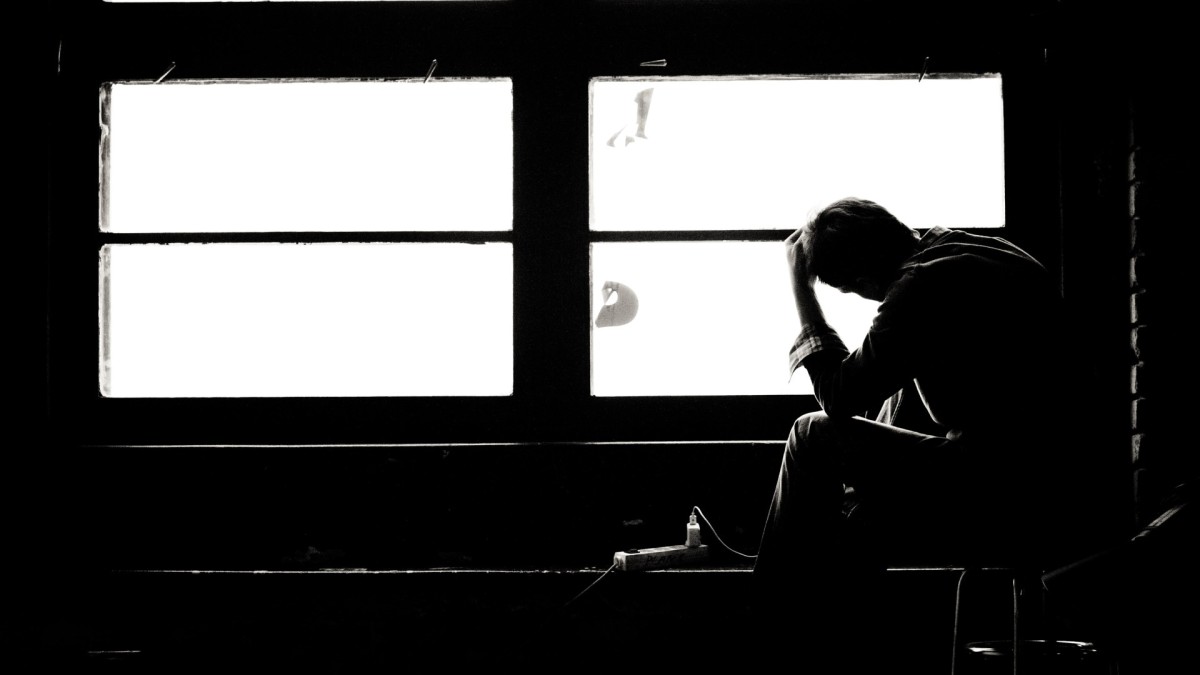
This article is an installment of The Everyday Warrior series, featuring advice, key interviews, and tips to live a life of wellness, impact, growth, and continual learning.
We’ve long been sold the idea that stress is harmful. In part, we use this word to describe emotional states like anxiety or fatigue, as well as any instance and situation that adds pressure and fight-or-flight strain to our everyday lives. In reality, we’re complex biological creatures—and the idea that stress is only a fight-or-flight response is short-sighted. Moreover, our bodies physiologically respond to our baseline mindset around stress. If you believe a certain stimulus or stress is negative, your body will react accordingly. For example, while you may be interpreting an increase in your heart rate as unfavorable, this physiology and the neurotransmitters that are being released in this situation are actually functioning to help your efforts, not to inhibit them.
Stress: Embrace vs. Retreat
In addition, we have other more evolved stress or stimulus responses that many of us employ daily. They’re known as the tend-and-befriend response and the courage response. If we shift our mindset to embrace challenges rather than run the other way, this will in turn shift how we initiate self-care mechanisms. When a stressful moment happens, the tend-and-befriend response encourages an individual to improve the situation for the team and/or the family.
The response of being other-focused is cultivated (or neurologically re-wired) to leverage courage rather than succumb to those common “fight” and “flight” reactions. Importantly, the reinterpretation of the potentially negative stimulus also changes how the body’s physiology responds. Whether we experience an event as positive or negative plays a role in the hormonal response as well as the inflammatory response in our body. For example, the more you believe an experience is working for you, the more your body has the capacity to limit the cortisol response and manage blood pressure. Let’s say two people are about to jump out of a plane. Both of their hearts are racing, but while one guy is fully exhilarated and ready to roll the other is terrified. Each has the same physiological experience with different biochemical—or stress—responses.
The new science of stress has determined that it facilitates solutions, drives us to take care of others, and enhances our ability to focus and be solution-oriented. Unfortunately, many people remain shackled to the belief that stress is paralyzing, debilitating, and destructive. I would argue that you become how you interpret your experience.
Naturally Thriving Under Pressure
We live in a society where stress is viewed as negative—a narrative that encourages us to de-stress. But what if we have this wrong, and that stress is required for authentic self-care? Practical self-care goes beyond a drink with friends. It involves diving headfirst into mental and physical discomfort. Show me someone who has positively impacted the world, done something extraordinary, and lived utterly stress-free. A life with friction is a life of growth. From a physiological standpoint, the body thrives under the interpretation of discomfort as a welcome signal for development and execution. Humans have a fundamental need for biological pressure, physically and mentally. Stress is required for survival. It needs grit. Think of your muscles. They need metabolic stress, mechanical stress, and nutrients to grow. Without pressure, not only do our muscles atrophy, but our spirit does as well.
I’ve been seeing patients for 15 years, and the ones who get the sickest are those with the cushiest life. When we don’t challenge ourselves with something uncomfortable, there’s a subtle decline in well-being, which I believe breeds diseases of complacency. Implementing personal discipline can allow you to care for yourself meaningfully. To me, self-care is the ability to be your best friend and have your back. Stress, at its core, is an internal response to an external stimulus that you can interpret as positive, negative, or neutral.
You can work to change your stress response by practicing it. The shift in how you speak to yourself and what you believe your capacity is will allow you to flourish under times of stress. Become aware of your personal biases around stress and watch how you verbalize it to others. It’s essential to take control of your inner voice rather than allowing your emotions to control you, leading to chronic stress.
To work on the courage response, place yourself in situations that elicit courage so you can improve upon it. If you struggle to move your mindset around courage and stress, then another act of self-care is to leverage your physiology (or body) to control the mind. Start with a 4×4 breath. Four breaths in (and hold), followed by four breaths out (and hold). This simple action allows you to regulate your autonomic nervous system by controlling your breath. Of course, check with your healthcare provider first. Be advised that the idea here isn’t to eliminate stress, but to work with and control it. Pushing yourself physically is a gateway to potential. Plus, the action that builds physical resilience also nets mental stability.
We need to view toughness as a positive attribute, too. It’s not about being tougher on someone or yourself. It’s about being tough enough to navigate the world, so you can go out and dominate—whatever that means for you—as opposed to being a passenger of your own life. Facing adversity while refusing to be mediocre takes discipline. So does choosing to be excellent in your own way.
Key Takeaways
- Fight-or-flight is only one kind of stress response.
- How you interpret a “stressful” stimulus impacts your physiology.
- Humans are engineered for resilience.
Dr. Gabrielle Lyon is a Washington University fellowship-trained physician and the founder of the Institute for Muscle-Centric Medicine™, where she works closely with Special Operations Forces and has a private practice servicing patients worldwide. She completed her undergraduate degree in human nutrition, vitamin, and mineral metabolism at the University of Illinois and is board certified in family medicine.
Comments are closed.